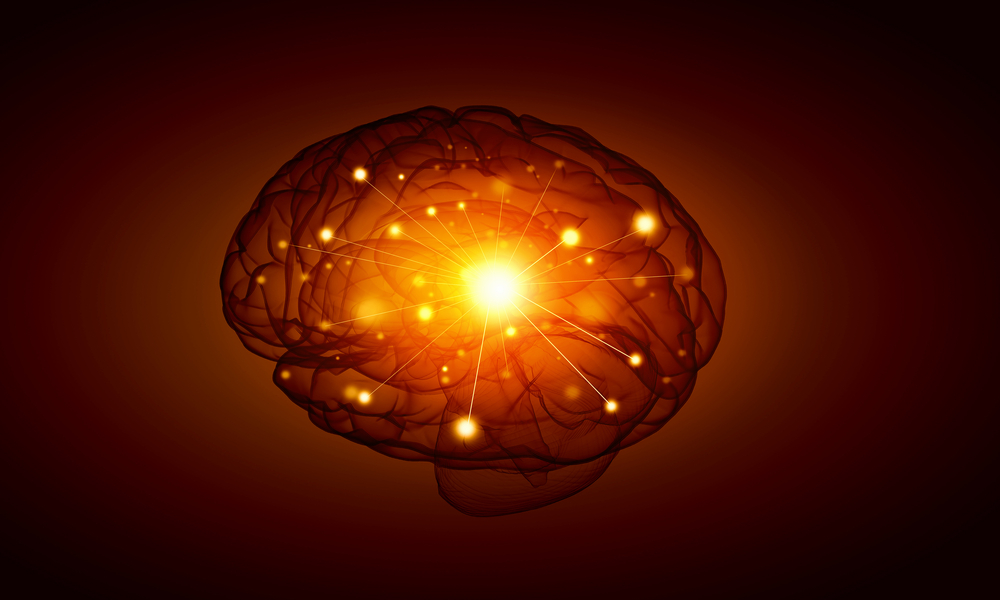AI and the Future of Jobs: Why Human-to-Human Roles Like Sales and Pathology Still Matter
At Connexis Search Group, we work closely with life science companies that are navigating talent shortages while also watching how artificial intelligence (AI) is reshaping industries. Recently, a podcast featuring one of Google’s founders raised surprising insights about which jobs AI is likely to replace first — and the results aren’t what most people expected.
The Shift: AI Is Targeting Knowledge Work First
For years, many assumed AI would take over blue-collar jobs before anything else. Factory work. Physical labor. Skilled trades.
But the reality is quite different. According to the discussion, roles such as software developers, paralegals, marketing staff, and even architects are already being reduced by AI. These jobs are built on structured information and repeatable processes, which makes them easier for machines to replicate at scale.
Architects, for example, will still exist — but AI design tools can already generate floor plans, optimize layouts, and simulate models in seconds. That means companies may still need architects, but not nearly as many of them.
Blue-Collar Jobs Are Safer — For Now
Ironically, the trades are holding up better in the short term. AI can write code or draft a legal document, but it still can’t crawl under a sink, weld a beam, or rewire a house.
That’s why jobs like plumbing, welding, and electrical work remain relatively safe for the next five to ten years.
However, not all blue-collar work is safe. Driving jobs — truck drivers, delivery services, Uber and taxi drivers — are expected to be among the first disrupted as autonomous vehicles mature.
Where AI Still Struggles: Human-to-Human Interaction
Here’s where the conversation matters most for life sciences — and where Connexis sees the biggest impact.
AI can process data, but it can’t build trust. It can generate answers, but it can’t persuade. And when lives are on the line, it can’t take responsibility.
Two examples from our world:
- Oncology Sales Representatives: These professionals don’t sell simple products. They lead high-stakes conversations with physicians and hospital executives, often involving multimillion-dollar solutions. Success depends on empathy, trust, and nuanced communication — all deeply human skills.
- Pathologists: AI may support digital pathology, but final responsibility for interpreting results, providing context, and making life-changing diagnostic calls still rests with a human. The stakes are too high for full automation.
These roles highlight the enduring value of human-to-human interaction.
The Takeaway for Employers and Candidates
The question isn’t whether AI will replace jobs — it already is. The real question is: Which jobs still require distinctly human skills?
- For candidates: focus your career development on roles that blend technical expertise with communication, persuasion, and judgment. That’s where resilience lies.
- For hiring managers: invest in talent whose impact depends on trust, decision-making, and influence. AI can support your team — but it won’t replace these qualities anytime soon.
How Connexis Search Group Can Help
At Connexis, we specialize in identifying and placing the talent that remains essential in an AI-driven world — from oncology sales representatives to pathologists and other life science specialists.
If your organization is hiring in these critical areas, we’d love to talk. Contact us here to learn how we can help you build the human expertise your business needs to thrive alongside AI.




No Comments